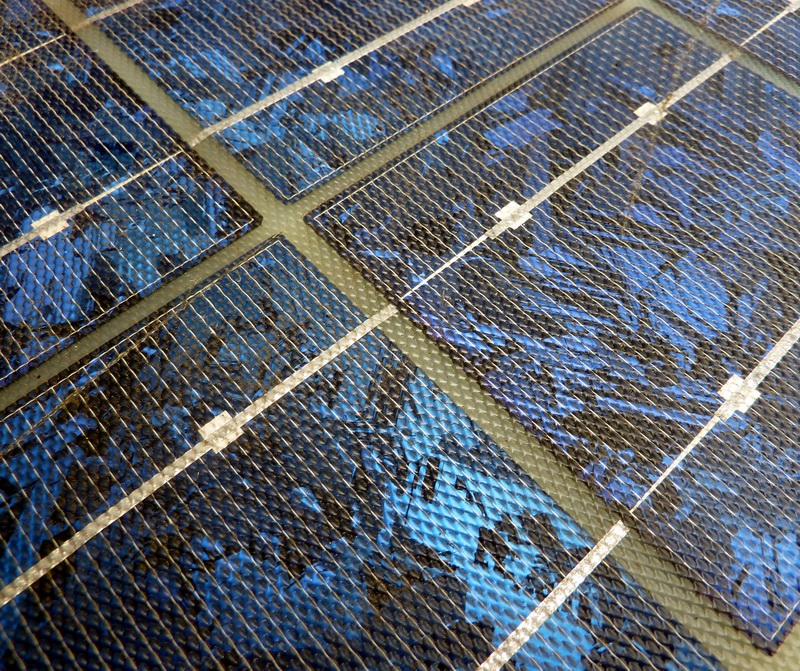“India and the Separate Customs Territory of Taiwan, Penghu, Kinmen and Matsu have agreed to continue these discussions and that their reciprocal rights and obligations under the Safeguards Agreement and the General Agreement on Tariffs and Trade 1994 will be maintained,” said the WTO stated in a statement.
The WTO Agreement on Safeguards is a rule set for emergency measures a government can take, if an increase in imports of a product threatens or causes serious injury to an industry. The consultations do not fall under the WTO’s dispute settlement system.
In September, a delegation comprising the separate customs territory of Taiwan, Penghu, Kinmen and Matsu requested consultations after India imposed 25% safeguard duties on solar cell imports from China, Malaysia, Singapore and Taiwan for two years, in order to protect domestic players from the steep rise in inbound shipments.
Taiwan says it has substantial interest as an exporter of the product and initiated the consultation under Article 12.3 of the Agreement on Safeguards in order to exchange views on the proposed measure and reach an understanding on ways to achieve the objective set out in Article 8.1 of the WTO Agreement on Safeguards.
Solar cells imported from China, Malaysia, Singapore and Taiwan account for more than 90% of India’s solar imports. Bloomberg has previously reported that India is the largest buyer of Chinese solar cells, accounting for 31% of total Chinese exports in 2017.
The imposition of safeguard duties by India has stirred the hornet’s nest. In August, Malaysia sought consultations with India under the WTO’s safeguard agreement. Meanwhile, at a recent WTO Safeguard Committee meeting, India faced flak from both the European Union and Japan.
The EU expressed hope that India will refrain from imposing any definitive measure, while Japan said that an investigation should include reasonable public notice and other appropriate means to ensure interested parties can present evidence.
This content is protected by copyright and may not be reused. If you want to cooperate with us and would like to reuse some of our content, please contact: editors@pv-magazine.com.








By submitting this form you agree to pv magazine using your data for the purposes of publishing your comment.
Your personal data will only be disclosed or otherwise transmitted to third parties for the purposes of spam filtering or if this is necessary for technical maintenance of the website. Any other transfer to third parties will not take place unless this is justified on the basis of applicable data protection regulations or if pv magazine is legally obliged to do so.
You may revoke this consent at any time with effect for the future, in which case your personal data will be deleted immediately. Otherwise, your data will be deleted if pv magazine has processed your request or the purpose of data storage is fulfilled.
Further information on data privacy can be found in our Data Protection Policy.